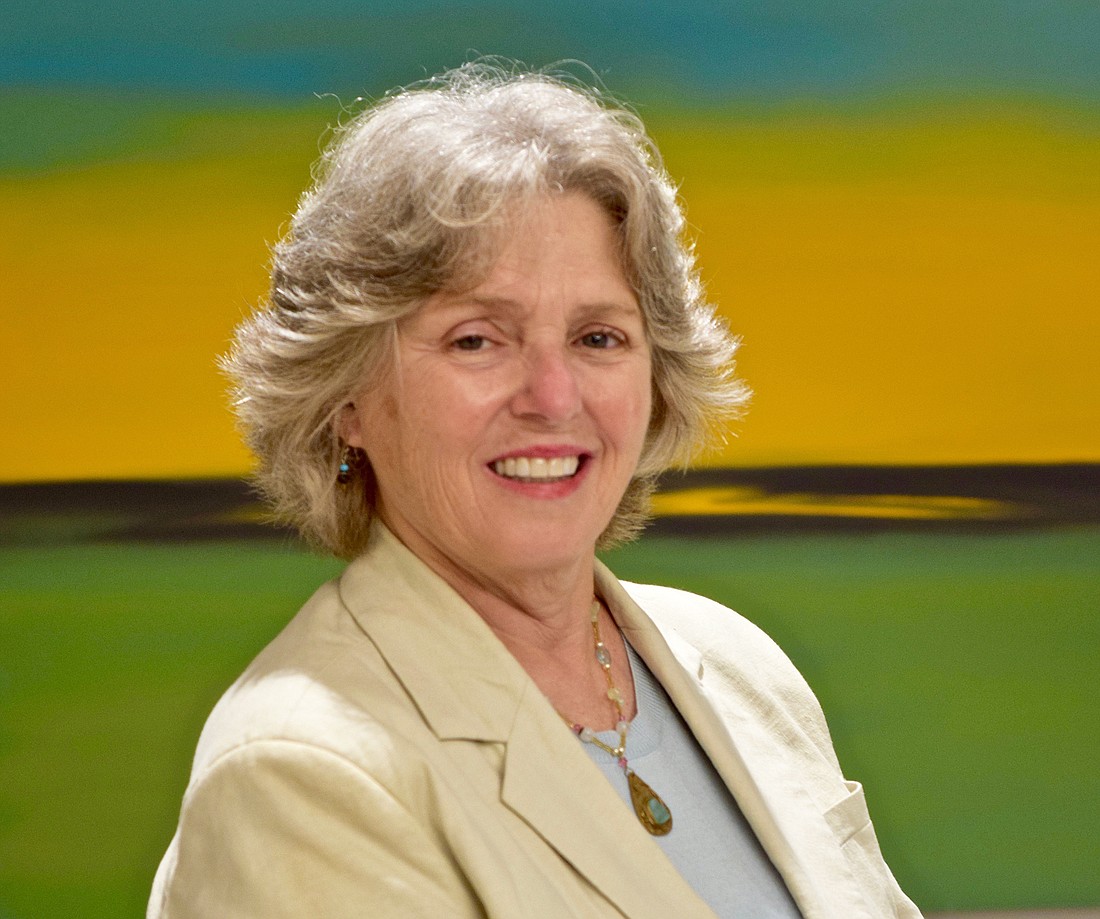
As Sherry Magill settles into her role as chair of the Local Initiatives Support Corp. Jacksonville advisory board, she does not intend to change much about the organization, but broaden the work it does in the city.
Magill took over as chair in early March after J.F. Bryan IV stepped down. He remains on the board as emeritus.
LISC Jacksonville is a community development organization that “is a bridge between capital and communities,” according to its website. It works with six Jacksonville neighborhoods – the Eastside, Springfield, Northwest Jacksonville, New Town, the Rail Yard District and Downtown.
Magill served on the board for three years before becoming chair. She was the president of the Jessie Ball duPont Fund for 25 years, retiring in 2018.
At the top of Magill’s list is to find a new executive director. Janet Owens, who served in the role since 2010, died April 8 after a battle with cancer. She was 67.
Magill said Owens “in many ways, is irreplaceable.” She and the board are working to conclude the search by the end of the summer.
As an organization, Magill said she would like to see LISC “deepening the work and broadening the work” it does in struggling Jacksonville neighborhoods. That means developing community strategies, raising capital and creating relationships with similar organizations in the city and introducing LISC to a broader audience.
“The idea is to help people improve their own places, realize their own visions and bring every capital tool imaginable to that work,” she said.
In the coming years, Magill said to expect LISC to continue its work in Downtown. It provided financial support for The Barnett Building, the Laura Street Trio, Jessie Ball duPont Center and 20 West Adams redevelopment projects.
“I think what we can anticipate is more of that kind of leadership and investment from LISC,” Magill said.
It will also begin reaching more into other neighborhoods, such as the Rail Yard District, just west of Downtown. It helped form a coalition of businesses in the district, formed a partnership with Groundwork Jacksonville to construct the Emerald Trail and provided capital to small businesses in the neighborhood.
Magill said the coalition of businesses has been working to get “a louder voice” so infrastructure improvements can be made in the area and signage for the district can be installed on Interstate 95.
There have been "a lot of improvements made in that area since the Rail Yard District business coalition was put together,” she said.
After seeing the effects of COVID-19 on businesses, Magill said LISC would formulate ways to help businesses during disasters, such as hurricanes and pandemics.
During the pandemic, LISC is continuing to look at new investments and providing relief to small businesses unable to cover rent or mortgage payments. LISC also is receiving federal money from the Coronavirus Aid, Relief, and Economic Security Act, which it will use to support nonprofits and small businesses.
Magill said for Jacksonville to reach where it needs to be, “it must find capital everywhere it can find capital to reinvest in ourselves.” That means broadening the organization’s reach and strengthening relationships with local government entities and charitable organizations.
“I don’t think Jacksonville prospers in the way we want it to prosper, which means lifting up and investing in our poorer neighbors and helping them do for themselves,” she said. “I don’t think we have that kind of prosperity locally without LISC and the capital and the skill set.”